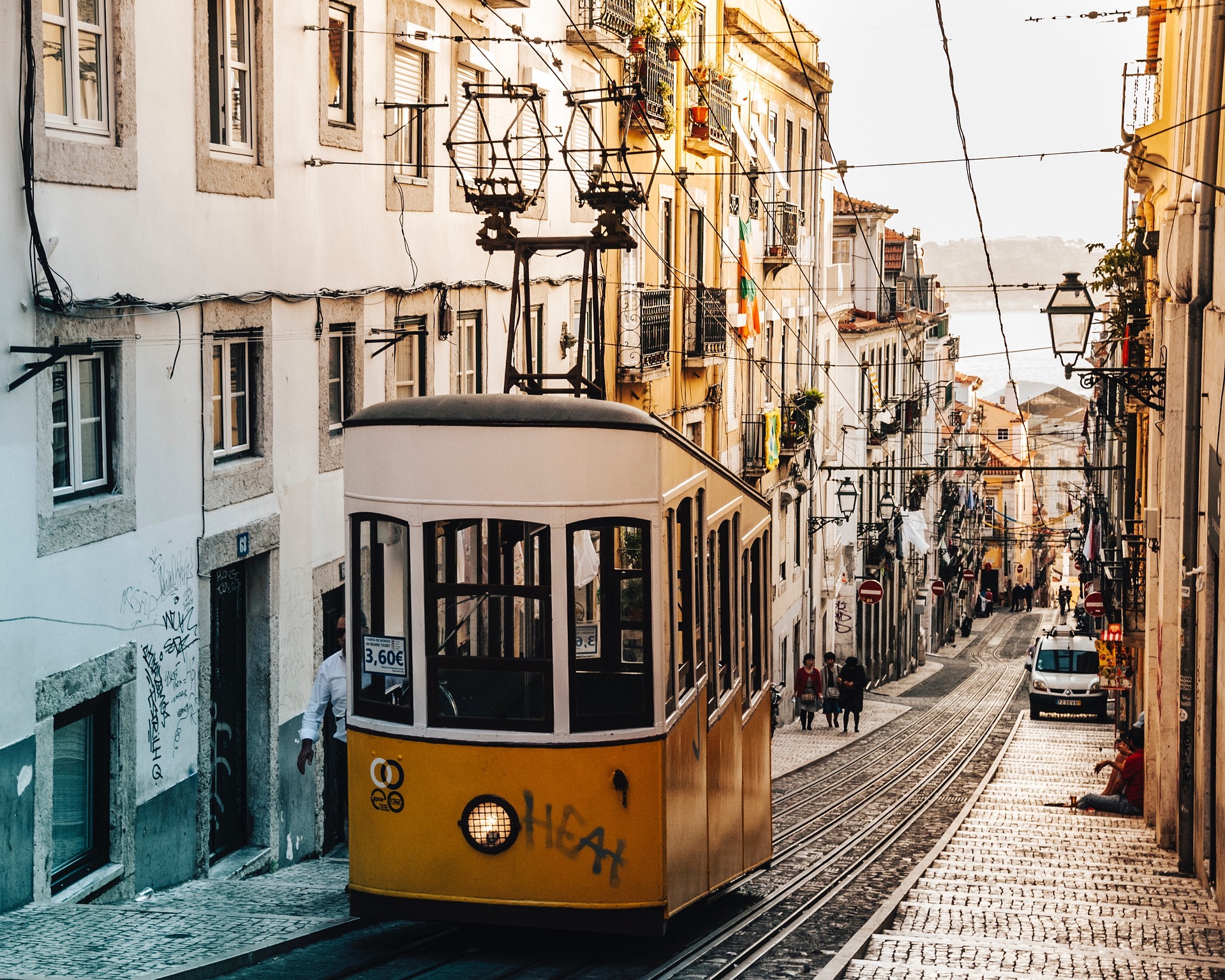The Unexplored Allure of Dark Tourism
The world is a grand stage, and its historical footprint is a tale of drama, intrigue, and at times, unimaginable tragedy. One of the less conventional travel trends gaining traction is "dark tourism," the exploration of sites associated with death, suffering, and the seemingly macabre. While it might sound grim, this form of travel offers a unique perspective on humanity's past and present, forcing us to acknowledge and remember the darker chapters of our history.
The Intriguing World of Dark Tourism
Dark tourism, also known as grief tourism, is a rapidly growing niche within the travel industry. It involves visiting places historically associated with death, disaster, and tragedy. From the ruins of Pompeii to the Ground Zero Memorial in New York, these sites provide a poignant snapshot of the past, often stirring deep-seated emotions and raising questions about humanity’s resilience and vulnerability.
Modern Trends in Dark Tourism
With an increasing number of travelers seeking more than just the usual vacation experience, dark tourism presents a different, more thought-provoking alternative. This trend has been fueled by a desire for authentic, edifying experiences, a sense of morbid curiosity, and a drive to understand and remember history.
Advantages and Challenges of Dark Tourism
Dark tourism provides a unique opportunity for education, reflection, and cultural understanding. It fosters a sense of respect for the past and promotes dialogue about historical events. However, it also presents challenges, including ethical dilemmas about commercializing sites of tragedy and ensuring respectful behavior from visitors.
The Impact of Dark Tourism
Dark tourism has both positive and negative impacts. On one hand, it can contribute to the preservation of historical sites and promote education. On the other, it can lead to the commodification of tragedy, potentially trivializing or distorting history.
Some Dark Tourism Destinations
-
Auschwitz-Birkenau Memorial and Museum, Poland: The largest Nazi concentration camp, where over a million people perished.
-
Hiroshima Peace Memorial Park, Japan: The site where the first atomic bomb was dropped, causing massive loss of life.
-
Chernobyl Exclusion Zone, Ukraine: The location of the world’s worst nuclear disaster.
-
Ground Zero Memorial, USA: A tribute to the victims of the 9/11 terror attacks.
In the realm of travel, dark tourism represents a departure from traditional vacationing, focusing on experiences that provoke thought, evoke emotion, and deepen understanding of our shared history. These journeys into our past, however dark they may be, remind us of our capacity for resilience and the importance of remembering and learning from history. Engaging with such destinations can offer a profound and lasting impact, extending far beyond the travel experience itself.





